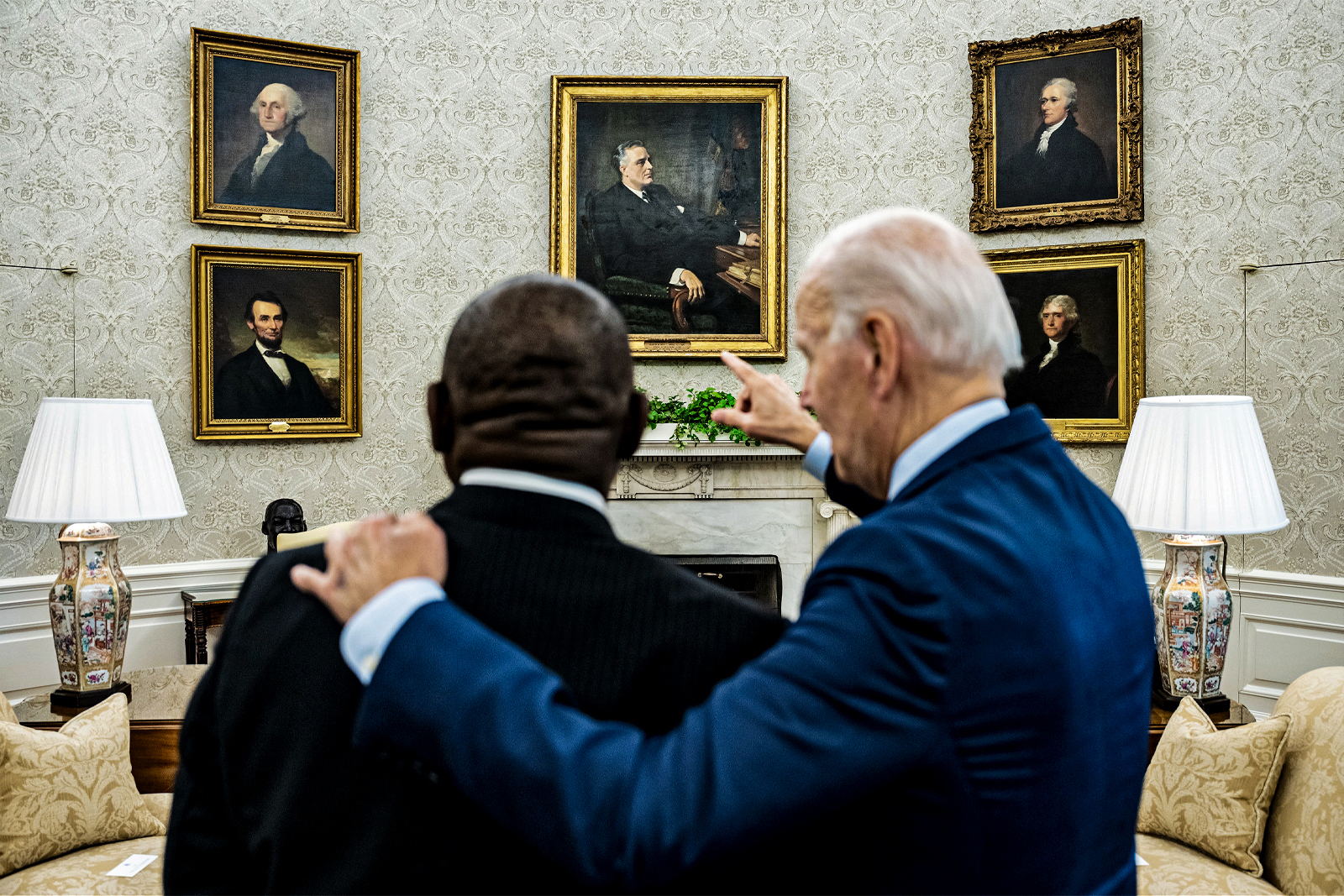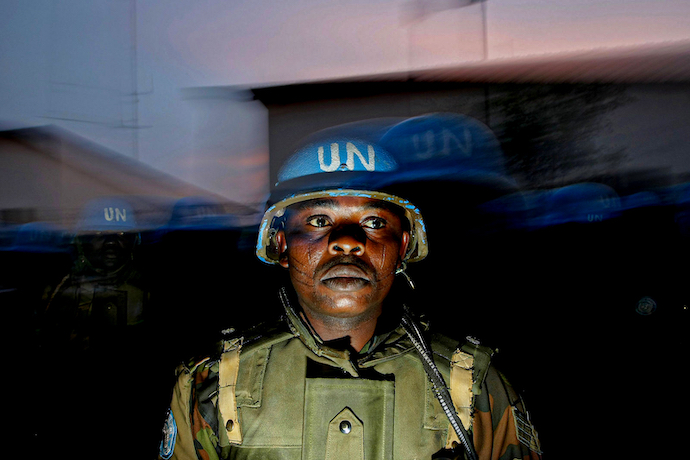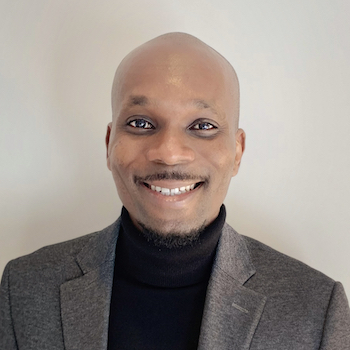
The West Needs to Treat Africa as an Equal
In mid-June, a delegation of seven African leaders traveled to Ukraine and Russia to propose a peace initiative that they hoped would help end the war in Ukraine. This is the first major attempt from an African cohort to shift the dynamics of the international order’s most pressing issue. Africa is embodying its authority as a key global actor with an increasing number of responsibilities and the rest of the world should welcome this change.
Behind Africa’s exponential growth in commodity sales, manufacturing, and services, being a resource-rich continent appears to be both a blessing and a curse. For decades, especially since independence, most narratives drawn on sub-Saharan African states have primarily revolved around extraordinarily complex conflicts.
Long-running tensions and conflicts in places like Sudan, Senegal, and the Democratic Republic of the Congo have caused unmeasurable human suffering, displaced millions of people, and undermined the prospects of peace and development for the region. Those conflicts have not only drastically slowed down the continent’s efforts to achieve sustainable development but also deepened its dependency on aid – which stems from global value chains, debt cycles, and a lack of pan-African monetary unity.
One of the key actors in this regard is the African Union Commission (AUC), which has been playing a leading role in promoting peace and security on the continent. The AUC has developed a comprehensive framework for conflict prevention, management, and resolution, as well as a range of instruments and mechanisms to implement it. The AUC has also deployed peacekeeping and mediation missions in Somalia, the Central African Republic, and Mali. Moreover, the AUC has been working closely with ECOWAS, SADC, IGAD, and ECCAS, to coordinate and harmonize their efforts in addressing the security challenges in their respective regions, and better support ongoing peace work in neighboring states. Together, they have launched over two dozen peace operations since the 2000s.

However, despite this progress, the AUC and regional organizations still face many challenges and constraints in fulfilling their mandate. These include inadequate financial and logistical resources, limited human and institutional capacity, political interference, lack of cooperation from some member states, and competing interests and agendas among key stakeholders. Therefore, there is a need for more intentional assistance and genuine solidarity from Western countries with greater influence and leverage in the global arena.
While the international community, especially the U.S., has demonstrated its willingness to collaborate with the AUC and regional organizations in conflict resolution, proposed forms of support should emanate from a deeper understanding of what it means to bring “African solutions to African problems.” Showing up in solidarity should not come with strings attached or conditions that threaten to undermine the sovereignty and autonomy of African countries and organizations. Rather, it should be based on mutual respect and trust, and aligned with the priorities and needs of the African partners.
Western countries should encourage African ownership and work closely with pan-African actors who have the legitimacy and demonstrated experience to address the root causes of these crises. As stated by U.S. Treasury Secretary Janet Yellen, “the United States is all in on Africa, and all in with Africa,” which should transcribe into partnerships at the service of shared, agreed-upon goals, plans, and methods.
The war in Ukraine is an example of how the West can be selective and inconsistent in its engagement from one region to another. When responding to questions about the ongoing war, European Union foreign policy chief Joseph Borrell asserts, “the territorial integrity of a country and the right of a sovereign state to decide for itself on its cooperation with other countries or alliances – these principles are not negotiable.” Notably, the same applies to some African countries, such as Mali and the Central African Republic, which, as sovereign countries, decide for themselves. Yet these countries face Western sanctions and pressure because of their proximity to Russia. Many African countries have denounced these double standards as hypocritical and have called for a change.
U.S. Secretary of State Antony Blinken affirms, “Africa is a major geopolitical force. It’s one that has shaped our past, it’s shaping our present, and it will shape our future.” If that is genuinely the case, then it is time to move beyond promises and take strong action. Collaborating with African countries should be done with the respect they deserve as nations with their own realities that can decide for themselves even if some of their policies might not align with the West’s interests.
Nevertheless, the West remains one of Africa’s long-lasting key partners, and as in every friendship, it is sometimes crucial to shift the dynamic to sustain the alliance. Under such circumstances, cooperating with the continent in the peace and security sector could look like encouraging Africans to adopt African solutions to African problems. Through their Russia-Ukraine peace initiative, the African continent and its leaders have demonstrated their capacity and commitment to addressing international issues that threaten the stability and security of the world – including in Africa.
The same dedication is applied to crises on the continent. The West must revise the modalities through which it works with its African counterparts and root its support package in a more thorough reading of Agenda 2063. This would not only increase the legitimacy and effectiveness of its interventions but will also promote a more positive working relationship between Africa and the West.

